1 View
What's Wrong With This Picture: Spot The Turnaround Edition
by
Edward Niedermeyer
(IC: employee)
Published: August 12th, 2010
Share
Collectively, the the Detroit Three have enjoyed precisely one market share turnaround in the last several years: Ford in 2009. This year, Detroit’s market share looks downright stagnant. Chrysler’s got a tiny bump going on, but Ford’s lost its fizz and GM is skidding bottom… at best. On the other hand, if this graph is just too gloomy for you, hit the jump for one of the first glimmers of (market share) hope for Detroit in years.
Pullback! Or at least some slowing in the rate at which import brands were taking over the American market. But hey, $80b or so in taxpayer assistance will do that. In any case, it’s way too early to say that Detroit has conclusively halted decades-long market share slide.
Edward Niedermeyer
More by Edward Niedermeyer
Published August 12th, 2010 3:59 PM
Latest Car Reviews
Read moreLatest Product Reviews
Read moreRecent Comments
- Kjhkjlhkjhkljh kljhjkhjklhkjh A prelude is a bad idea. There is already Acura with all the weird sport trims. This will not make back it's R&D money.
- Analoggrotto I don't see a red car here, how blazing stupid are you people?
- Redapple2 Love the wheels
- Redapple2 Good luck to them. They used to make great cars. 510. 240Z, Sentra SE-R. Maxima. Frontier.
- Joe65688619 Under Ghosn they went through the same short-term bottom-line thinking that GM did in the 80s/90s, and they have not recovered say, to their heyday in the 50s and 60s in terms of market share and innovation. Poor design decisions (a CVT in their front-wheel drive "4-Door Sports Car", model overlap in a poorly performing segment (they never needed the Altima AND the Maxima...what they needed was one vehicle with different drivetrain, including hybrid, to compete with the Accord/Camry, and decontenting their vehicles: My 2012 QX56 (I know, not a Nissan, but the same holds for the Armada) had power rear windows in the cargo area that could vent, a glass hatch on the back door that could be opened separate from the whole liftgate (in such a tall vehicle, kinda essential if you have it in a garage and want to load the trunk without having to open the garage door to make room for the lift gate), a nice driver's side folding armrest, and a few other quality-of-life details absent from my 2018 QX80. In a competitive market this attention to detai is can be the differentiator that sell cars. Now they are caught in the middle of the market, competing more with Hyundai and Kia and selling discounted vehicles near the same price points, but losing money on them. They invested also invested a lot in niche platforms. The Leaf was one of the first full EVs, but never really evolved. They misjudged the market - luxury EVs are selling, small budget models not so much. Variable compression engines offering little in terms of real-world power or tech, let a lot of complexity that is leading to higher failure rates. Aside from the Z and GT-R (low volume models), not much forced induction (whether your a fan or not, look at what Honda did with the CR-V and Acura RDX - same chassis, slap a turbo on it, make it nicer inside, and now you can sell it as a semi-premium brand with higher markup). That said, I do believe they retain the technical and engineering capability to do far better. About time management realized they need to make smarter investments and understand their markets better.



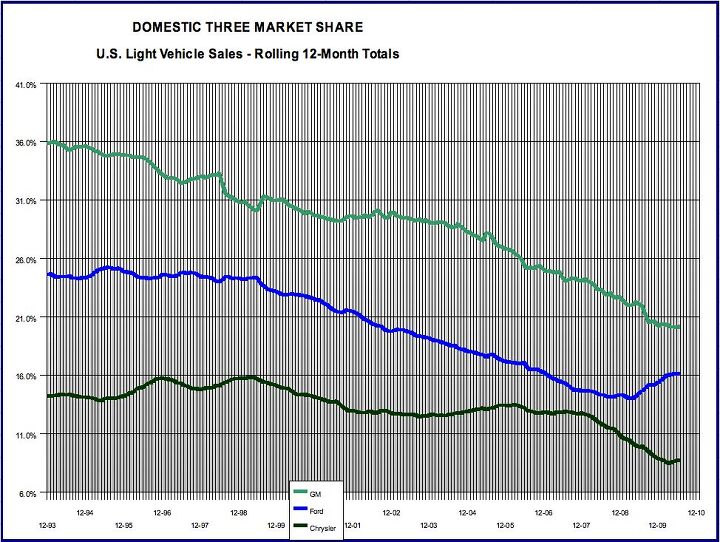

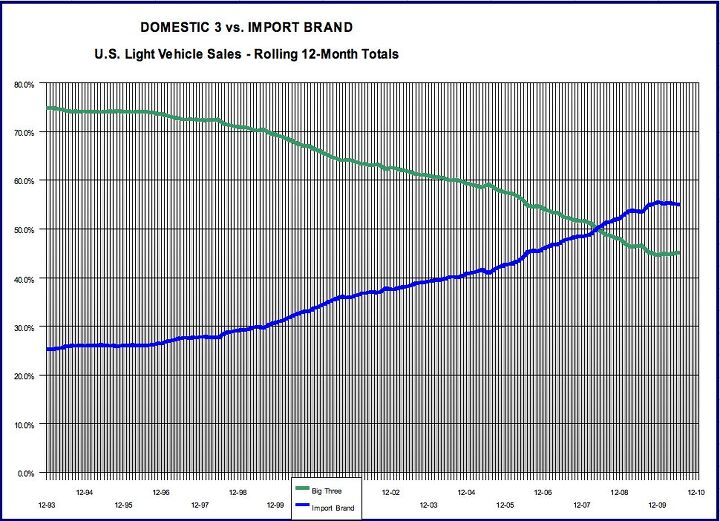
















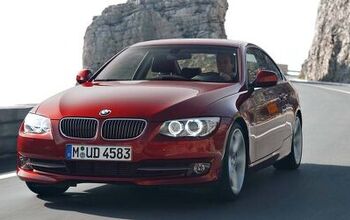
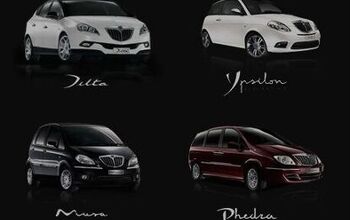
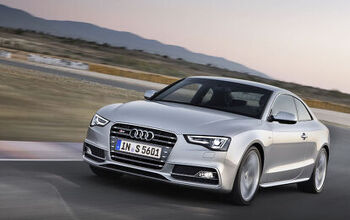
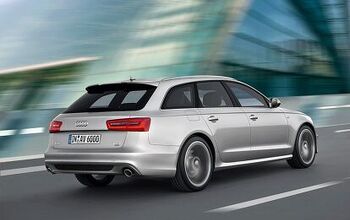
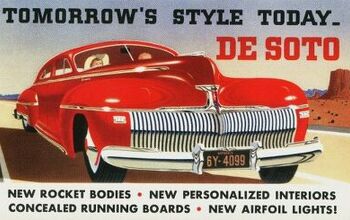










Comments
Join the conversation
Recipe for a Do-It-Yourself Consumer Reports auto quality survey: Go to three independent mechanics. Ask them one question: What does your wife (or significant other, or mother, or daughter) drive? My observation has been that Toyota and Honda will come up more often than Ford or GM.
There was an issue of Car and Driver in which they praised Porsche for not changing the looks of the 928 for nearly twenty years and they highlighted the mechanical and panel interchangeability from the current model to one of the early iterations. In the same issue, they condemned Chrysler for not significantly revising the Lebaron for five years. Maybe in their minds, the Lebaron needed a refresh though the Porsche did not, but it appeared as though anything from Detroit needed help and anything from the Black Forest was gold. I do read Consumer Reports and use the publication as a guide line, however, they appear to me to be biased towards Toyota. Materials they have claimed to be class leading are materials for which I do not care and believe them to be no better than Ford, GM, Chrysler, Nissan, etc. We are all affected by our experiences and preferences. My preferences are toward American nameplates (not because they are associated with “built in America”), rather I generally prefer their handling, overall feel and looks of their products to the competition. I have had a Nissan Xterra and a Jeep Wrangler, and while the Wrangler handled better to me (very subjective), I would say the Xterra feels slightly more mechanically solid. The trade off is that the Xterra is more expensive to maintain and repairs are much more expensive, so at the end of the day, one is not better to me than the other. I would select between those two based on purpose, not CR recommending the Xterra and not the Wrangler. I have driven and ridden in many Toyotas, Nissans, Hondas, Chevrolets, Fords, Chryslers, and KIAs and each brand has had vehicles with which I can easily find fault and they have also had ones that are magnificent vehicles. I have talked to mechanics that favor different nameplates for different reasons and the majority of them have admitted to me that Toyota, Nissan, and Honda are not as likely to have a mechanical failure as the Detroit three are, however, when they do require repairs, they are much more difficult to work on than the domestic nameplates and have increased cost for the same repairs.